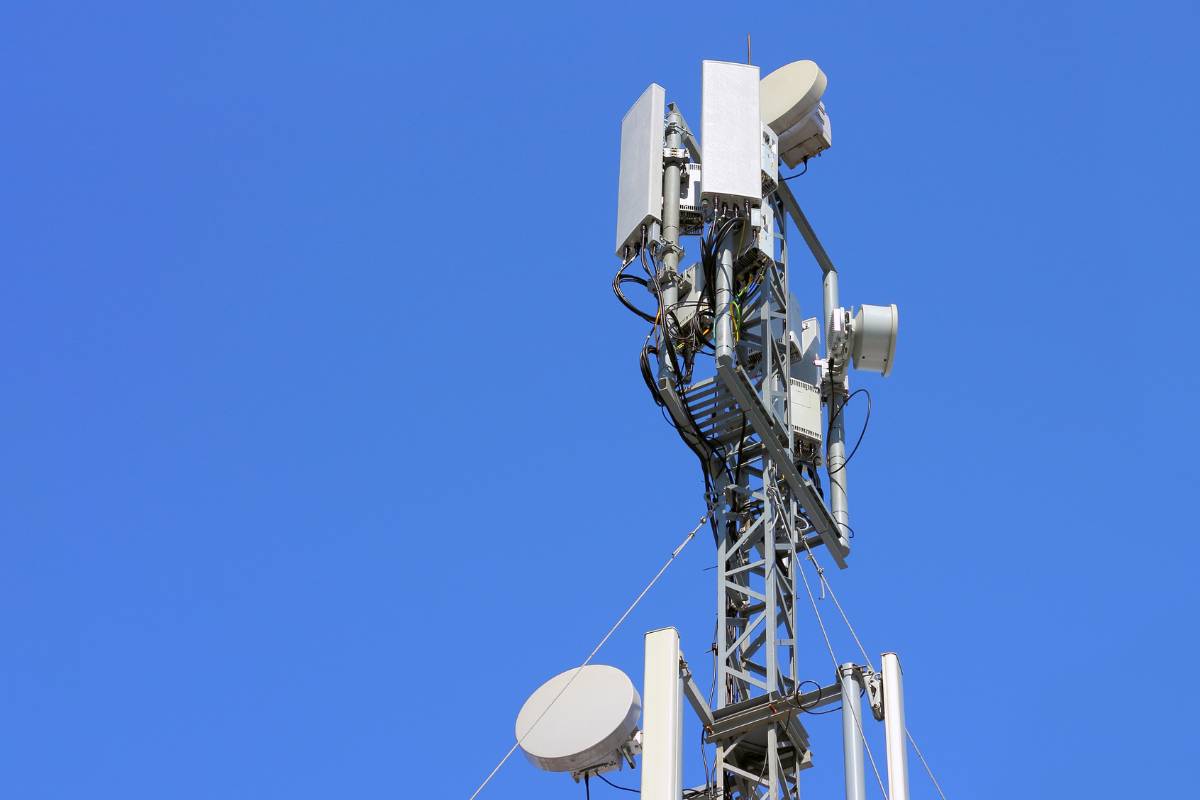
The Telecom Regulatory Authority of India (TRAI) recently floated a consultation on providing separate authorisation to digital connectivity infrastructure providers (DCIPs) under the unified license (UL). In response to this, telecom companies Reliance Jio and Bharti Airtel have expressed opposition to the proposal, citing concerns over the management of crucial network elements and investments in new technologies. However, Vodafone Idea has argued in favour of the proposal, stating that it will promote sharing of infrastructure in a fair, transparent and non-discriminatory manner.
Read More - Supreme Court Rules Against Sales Tax on SIM Cards and Value-Added Services
Airtel believes that there is no justification for creating a new category under the UL for DCIPs, saying there is no benefit to be expected from the move. Jio agrees and added that DCIPs are critical to realising Smart Cities’ ambitions, and reducing the regulatory burden on these entities would be more helpful than bringing them under the unified license regime.
Vodafone Idea, on the other hand, believes that infrastructure sharing can be achieved only when standalone companies, not in direct competition with service providers, create digital infrastructure. They suggested that promoting infrastructure creation by standalone companies through DCIP authorisation under Unified License would boost the telecom infrastructure and reduce the cost of capital for service providers.
TRAI’s paper on the Introduction of Digital Connectivity Infrastructure Provider (DCIP) Authorization under Unified License (UL), released in February, aimed to create a framework that is conducive to promoting entities that focus only on creating digital infrastructure over which any service can ride. Currently, digital communication infrastructure providers are regulated under the Infrastructure Provider-1 registration with the Department of Telecommunications (DoT). However, the scope of IP-1 is limited to providing passive assets such as dark fibre, right of way, duct space, and tower on a lease/rent/sale basis.















